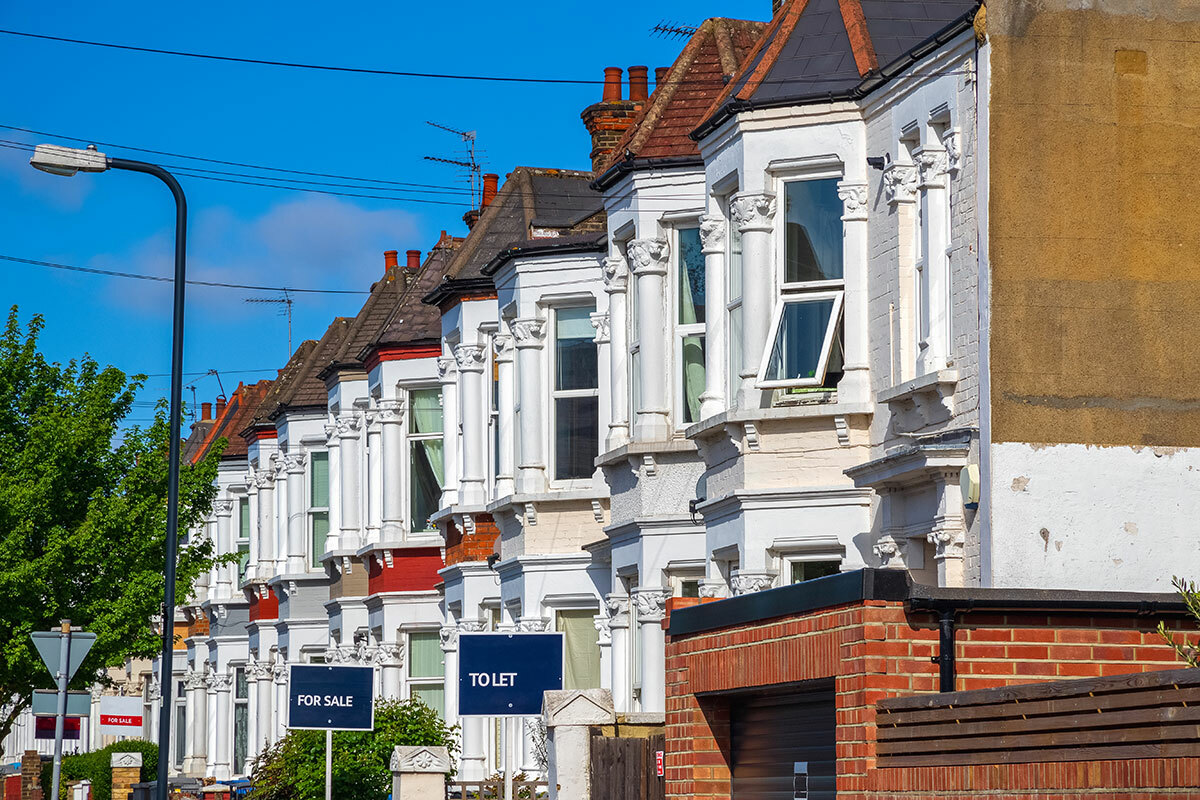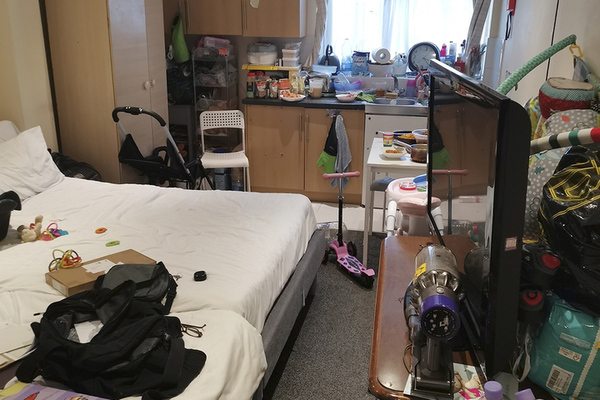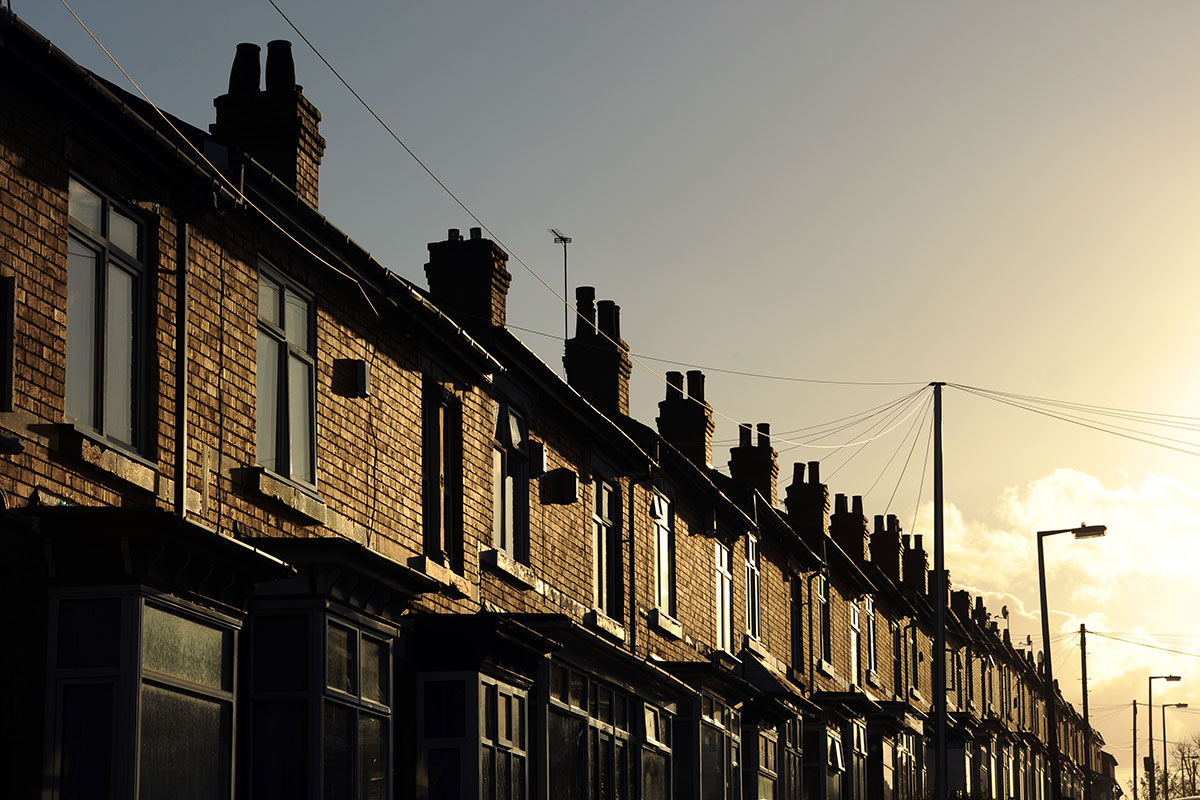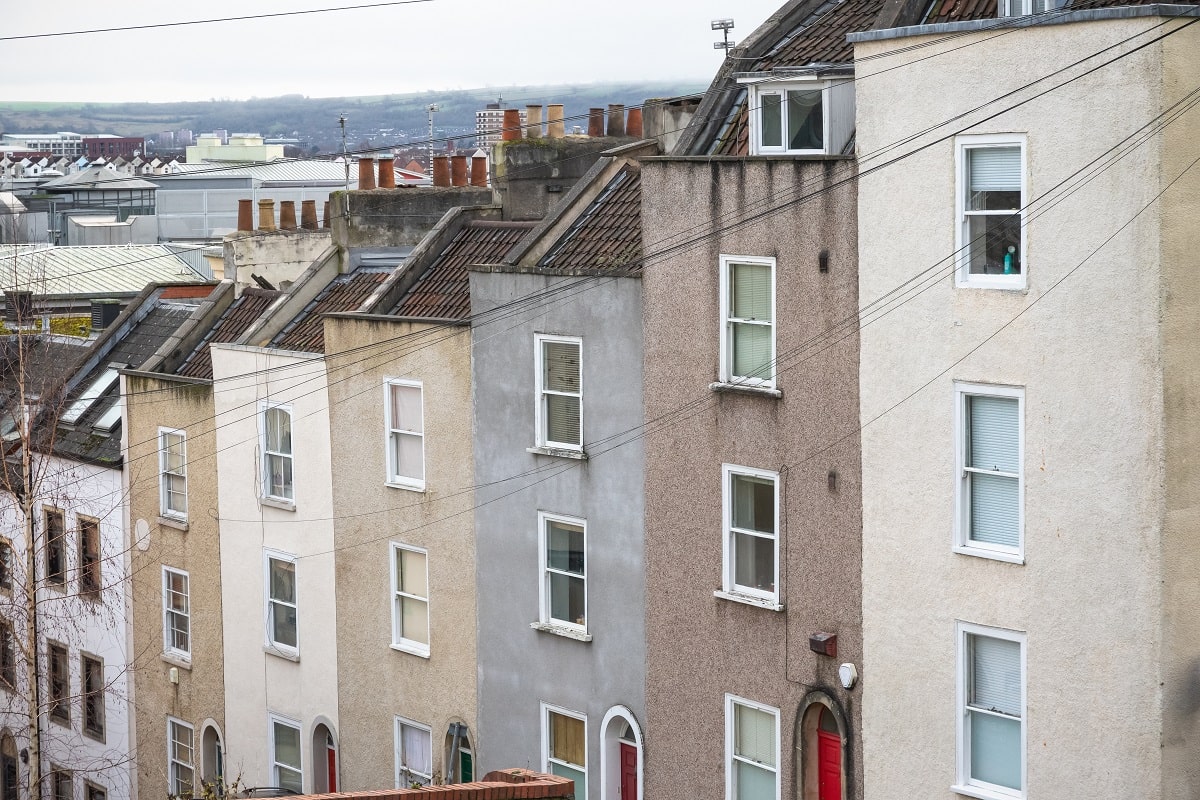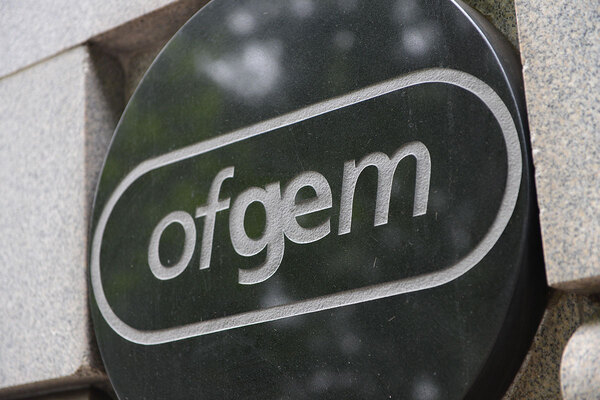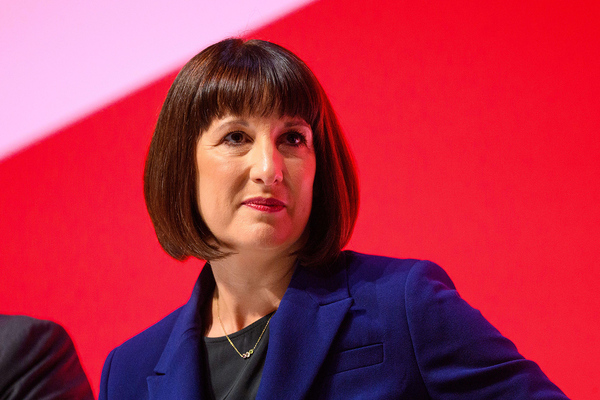You are viewing 1 of your 1 free articles
Private rent reforms will be hampered by ministers’ ‘poor understanding’ of sector, say MPs
The government’s plans to address problems in the private rented sector will be hampered by poor understanding of the issues, its watchdog has warned.
The Public Accounts Committee said that issues such as overcrowding, discrimination and “dodgy” evictions are rife in the private rented sector and has raised concerns about the government’s ability to tackle the problems.
In a report published today by the group of cross-party MPs, it was found that an estimated 13% of private rented homes have at least one Category 1 hazard, which is defined as a hazard that poses a serious risk to the health and safety of inhabitants.
The report highlighted estimates that suggest these poor conditions within the private rented sector cost the NHS £340m per year.
The committee also pointed to research which found that 25% of landlords are unwilling to let to non-British passport holders, while 52% were unwilling to rent to people in receipt of housing benefit.
Dame Meg Hillier, chair of the Public Accounts Committee, said: “Unsafe conditions, overcrowding, harassment, discrimination and dodgy evictions are still a huge issue in the private rented sector.
“And yet the sector is a growing provider of homes and rents keep rising meaning that safe, suitable housing is too often out of reach for renters. Renters with a problem are faced with a complex and costly redress system which is not fit for purpose and many tenants give up at the first hurdle.”
The report comes ahead of the government publishing a long-awaited white paper outlining proposals to improve the private rented sector.
The document, which the government has said will be published this spring, is expected to include plans to ban no-fault evictions, as well as introduce a new Decent Homes Standard for private rented homes.
However, the Public Accounts Committee said the government needs better data to properly understand the issues within the sector ahead of the planned reforms.
To date, the Department for Levelling Up, Housing and Communities (DLUHC) has “only made piecemeal legislative changes” that have “made the regulatory system even more overly complex and difficult to navigate for tenants, landlords and local authorities”, the report said.
The Public Accounts Committee has made a number of recommendations to DLUHC, including that it conducts a realistic assessment of the resources needed for local authorities to regulate the private rented sector effectively.
It is also recommended the department develops a “coherent data strategy” to identify and collect the data it needs to understand the problems renters are facing and evaluate the impact of legislative changes.
Dame Hillier said: “We need to see a change in balance. We expect DLUHC to produce the promised white paper in a timely and effective fashion, and start to turn around its record on addressing the desperate housing crisis in this country.”
A DLUHC spokesperson said: “Councils should use the powers we’ve given them to crack down on rogue landlords, including issuing fines of up to £30,000 and banning those who rent out unsafe homes.
“As part of our mission to improve housing conditions and to give residents the power to hold landlords to account, we’ll introduce new legislation to improve the quality and regulation of social housing and explore proposals for a national private landlord register in England.
“We’ll also publish a landmark white paper this spring and consult on introducing a legally binding Decent Homes Standard in the private rented sector for the first time ever.”
Sign up for our daily newsletter
Already have an account? Click here to manage your newsletters
